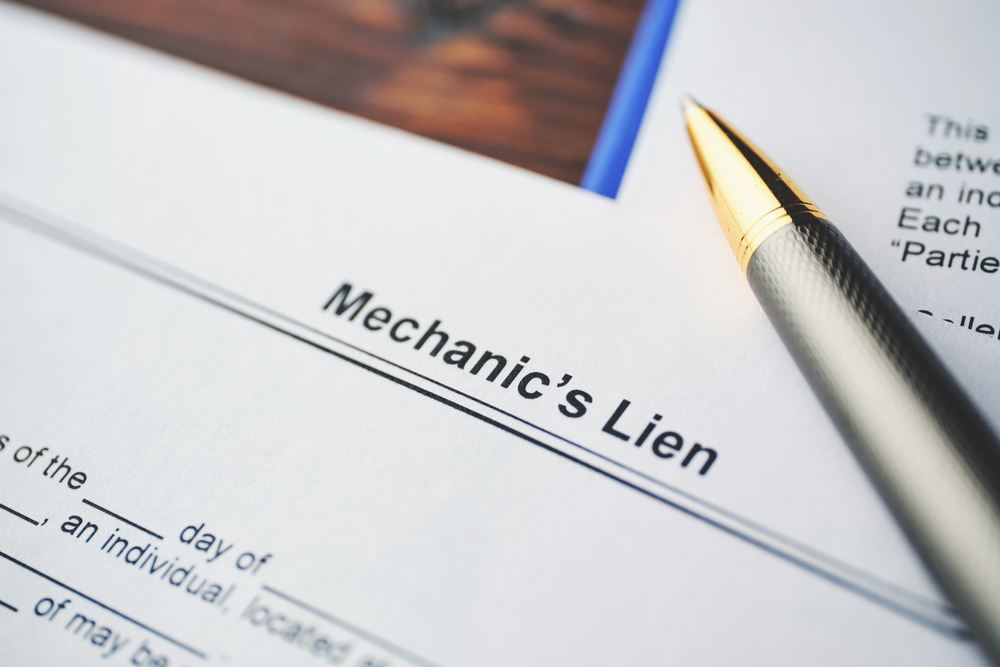

Conflict is a part of life. Whether it’s a disagreement between two business partners, a heated dispute with a customer, or a complex legal battle, finding a peaceful and efficient way to resolve disputes is essential. Enter mediation—an increasingly popular method of resolving disputes without going through the traditional litigation process.
In this blog post, we’ll dive deep into what mediation is, when it’s used, and why it’s often a smart choice for people looking for a quicker, less expensive, and more cooperative way to solve problems.
Mediation is a voluntary, confidential process where a neutral third party—called the mediator—helps two or more disputing parties reach a mutually acceptable agreement. Unlike a judge or arbitrator, the mediator does not make decisions for the parties. Instead, they guide the conversation, helping each side communicate effectively, clarify their positions, and explore possible solutions.
The goal of mediation is to create a win-win outcome, where all parties walk away feeling satisfied with the resolution. Since it’s an informal and flexible process, parties are more in control of the outcome compared to court proceedings, where decisions are often imposed by a judge.
Mediation offers a host of benefits compared to traditional litigation or other forms of dispute resolution. Here are some key reasons why it’s often a wise choice:
Litigation can be expensive, with attorney fees, court costs, and other expenses quickly adding up. Mediation, on the other hand, is typically much more affordable. The process usually takes less time, which means fewer billable hours for attorneys and less money spent on legal fees.
Court cases can drag on for months or even years, leaving parties in limbo. Mediation, however, can often be completed in a matter of hours or days, depending on the complexity of the dispute. This quicker resolution allows parties to move on with their lives or businesses without the prolonged stress of a pending lawsuit.
Unlike court proceedings, which are public, mediation is a private process. The discussions, documents, and agreements made in mediation are confidential, allowing parties to keep their disputes and resolutions out of the public eye.
In litigation, a judge or jury makes the final decision, and it may not align with what either party wants. In mediation, both sides have a direct hand in crafting the agreement. This sense of control often leads to more satisfactory outcomes.
One of the biggest advantages of mediation is its emphasis on collaboration and communication. By encouraging open dialogue and compromise, mediation can help preserve personal and business relationships that might otherwise be damaged by the adversarial nature of a courtroom battle.
Mediation is not bound by strict legal procedures or formal rules, giving parties more flexibility to design creative solutions that address their specific needs and concerns. It allows for options that courts might not be able to offer, such as customized payment plans, apologies, or other unique forms of resolution.
Studies show that people who resolve disputes through mediation tend to be more satisfied with the outcome than those who go through litigation. This is because mediation empowers the parties to work together and create a solution that meets everyone’s needs, rather than leaving the outcome in the hands of a third party.
Mediation is an excellent alternative to traditional litigation for resolving disputes. It’s cost-effective, faster, confidential, and gives the parties involved more control over the final outcome. Whether you’re dealing with a family issue, a business conflict, or a legal dispute, mediation can help you avoid the stress and expense of a courtroom battle while preserving relationships and creating long-lasting solutions.
Karalynn Cromeens is the Owner and Managing Partner of The Cromeens Law Firm, PLLC, with over 17 years of experience in construction, real estate, and business law. A published author and passionate advocate for contractors, she has dedicated her career to protecting the businesses her clients have built. Karalynn is on a mission to educate subcontractors on their legal rights, which inspired her books Quit Getting Screwed and Quit Getting Stiffed, as well as her podcast and The Subcontractor Institute.

